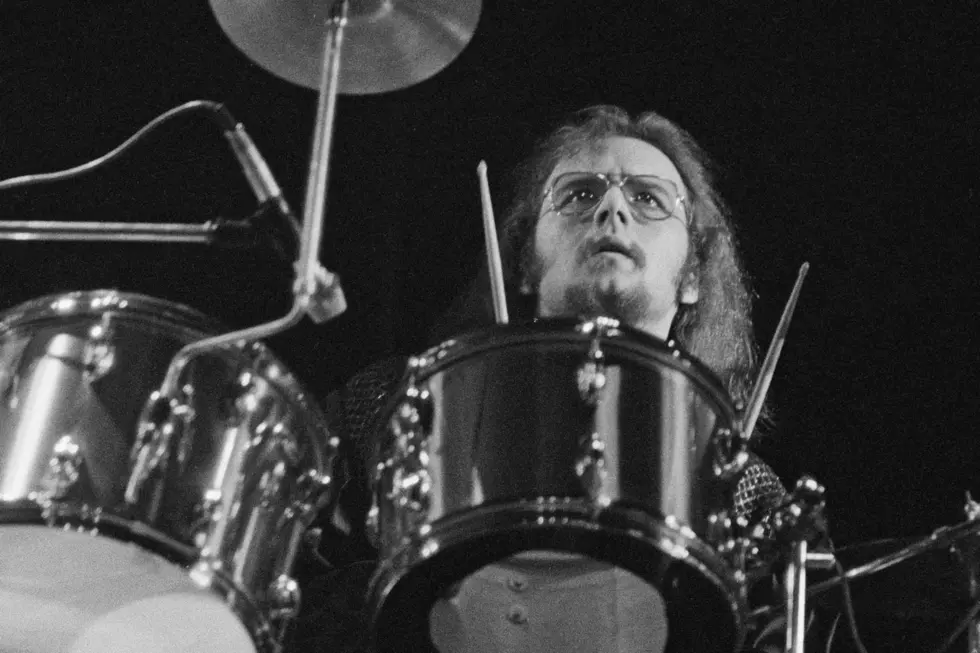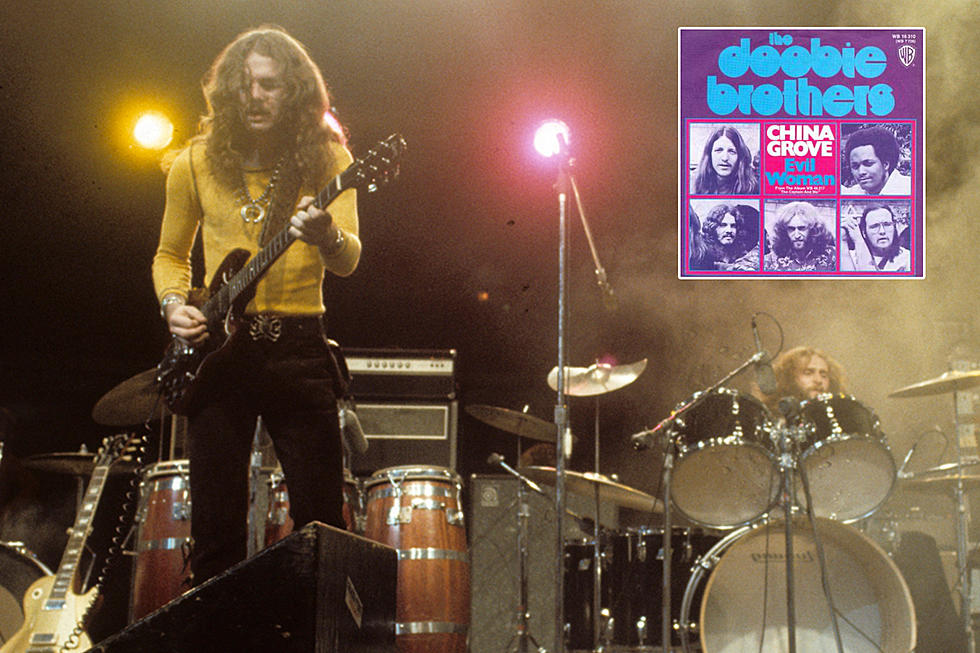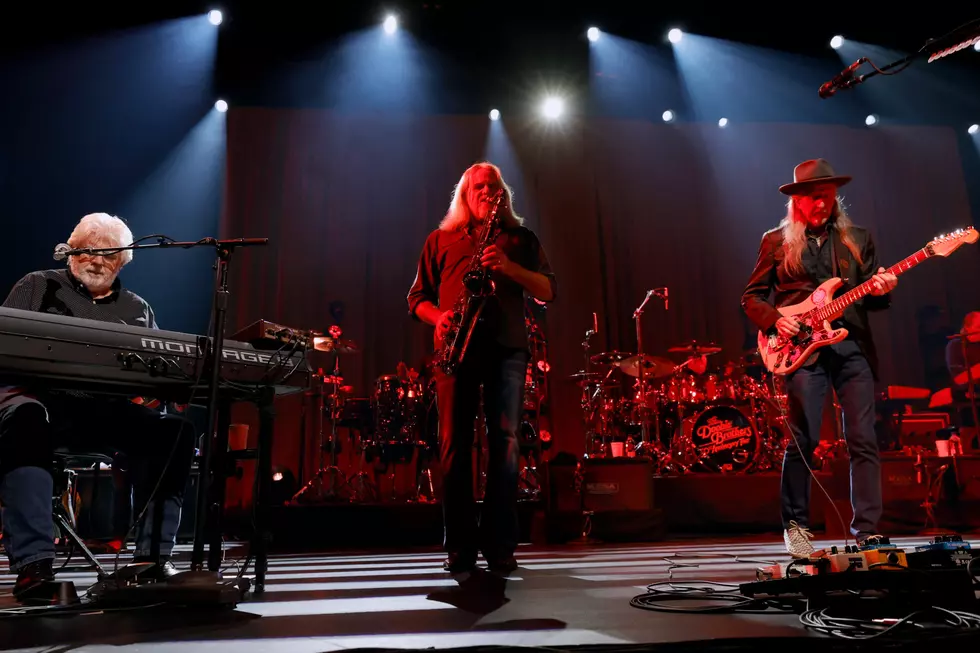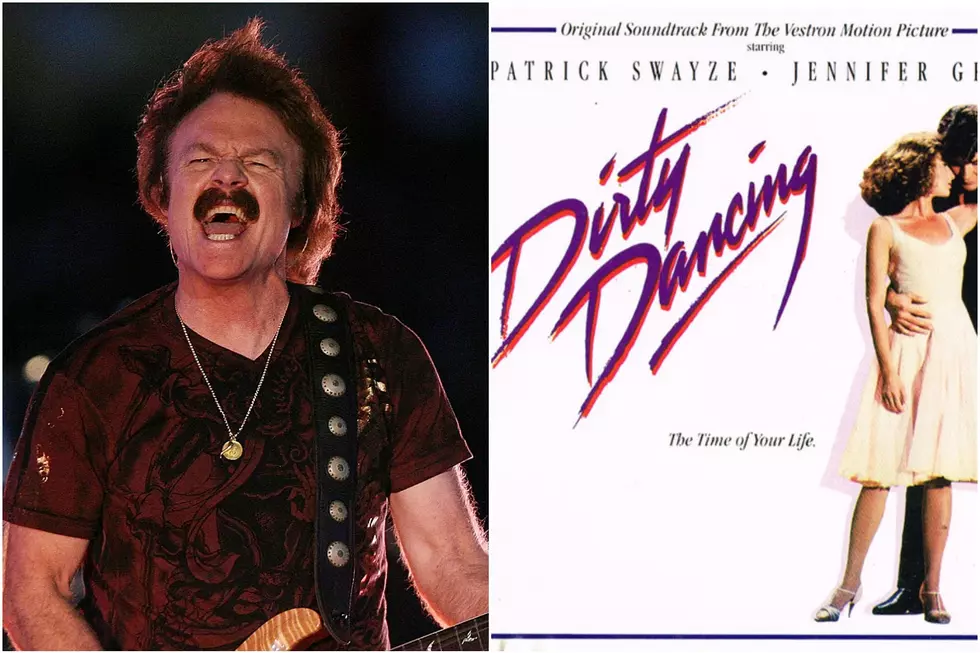
Doobie Brothers Mourn Death of Former Drummer John Hartman
Doobie Brothers have paid tribute to drummer and co-founding member John Hartman, who has reportedly passed away.
“Today we are thinking of John Hartman, or Little John to us,” the Doobies wrote in a post to social media. “John was a wild spirit, great drummer, and showman during his time in the Doobies. He was also a close friend for many years and an intricate part of the band personality! We send our condolences to all his loved ones at this difficult time. Rest in peace John.”
Born on March 18, 1950, in Falls Church, Va., Hartman relocated to San Jose, Calif. around 1970. There, he formed what would become the Doobie Brothers with singer and guitarist Tom Johnston after being introduced by Moby Grape's Skip Spence. Hartman and Johnston shared a house, and the drummer was blown away by his bandmate's power.
“When Johnston turned on, it was loud,” Hartman recalled to Rolling Stone in 2020. “Pretty soon the cops came and said, ‘You gotta stop.’ So we toned it down.”
Guitarist Patrick Simmons and bassist Dave Shogren would be recruited to fill out the initial Doobie Brothers lineup. The band's self-titled debut album -- produced by Ted Templeman -- would arrive in 1971. At the time, the Doobies were known for being wild, regularly associating with the Hells Angels. Hartman turned heads during the creation of the band's debut album when he pulled out a gun in the studio.
“It was a gag — a starter pistol,” the drummer later confessed. “It scared the shit out of [the producers] so bad. I had no idea they were so sensitive or fragile. I can’t tell you how many times I apologized.”
Hartman was the Doobie Brothers’ sole drummer upon their formation, but after the release of their debut album, the band added Michael Hossack as a second drummer. The band would use a dual drummer setup from 1971 and until 2016, when touring member Ed Toth became their sole drummer.
Hartman’s first tenure with the Doobie Brothers lasted from 1970-79, during which he played on several multiplatinum albums including 1973’s The Captain and Me, 1974’s What Were Once Vices Are Now Habits and 1978’s Minute by Minute. The latter became the band’s first and only No. 1 LP on the Billboard 200 and spawned the chart-topping, Grammy-winning single “What a Fool Believes.”
Though the group enjoyed massive commercial success, tensions within the band were stretched. Drug use within the group bred a combustible situation. Meanwhile, Michael McDonald, who had joined the Doobies in 1975 replacing Johnston, was a perfectionist in the studio, a trait that didn't sit well with some of the band's other members. In 1979, after a tour of Japan, Hartman quit the Doobie Brothers.
“Everything was falling apart,” he recalled decades later. “I remember sitting in a rehearsal in California and hearing Michael say he didn’t want to get out his car because of some anxiety.”
The group would later disband in 1982, but, following a five-year hiatus, the Doobie Brothers reunited in 1987 to perform at a benefit concert for the Vietnam Veterans Aid Foundation. Hartman was among the alumni to participate in the show, which sparked a successful reunion tour the same year. The drummer performed on two subsequent reunion albums, 1989’s Cycles and 1991’s Brotherhood, before leaving the band for good in 1992. He was inducted into the Rock & Roll Hall of Fame as a member of the Doobie Brothers in 2020.
In his post Doobie Brothers life, Hartman trained to become a police officer. The drummer graduated from a reserve police academy in 1988 and spent several years working for his local police department. However, when he wanted to be hired as a fully vested officer, Hartman's rock star past prove problematic. The former drummer was rejected by more than 20 police departments because of his admitted previous drug use when he was in the Doobie Brothers.
"These guys still think I'm a credibility problem because of what I used to do," Hartman declared in 1994 after unsuccessfully suing one police department for what he deemed as discrimination. Though he insisted he had "nothing to hide," Hartman expressed exasperation that he was being judged on his past. "Who knew? You have to grow up. Kids eat paste. Kids eat dog food. But there are some things you don't want to do. Doing drugs. I could have been a Janis Joplin."
Doobie Brothers Albums Ranked
More From Ultimate Classic Rock







